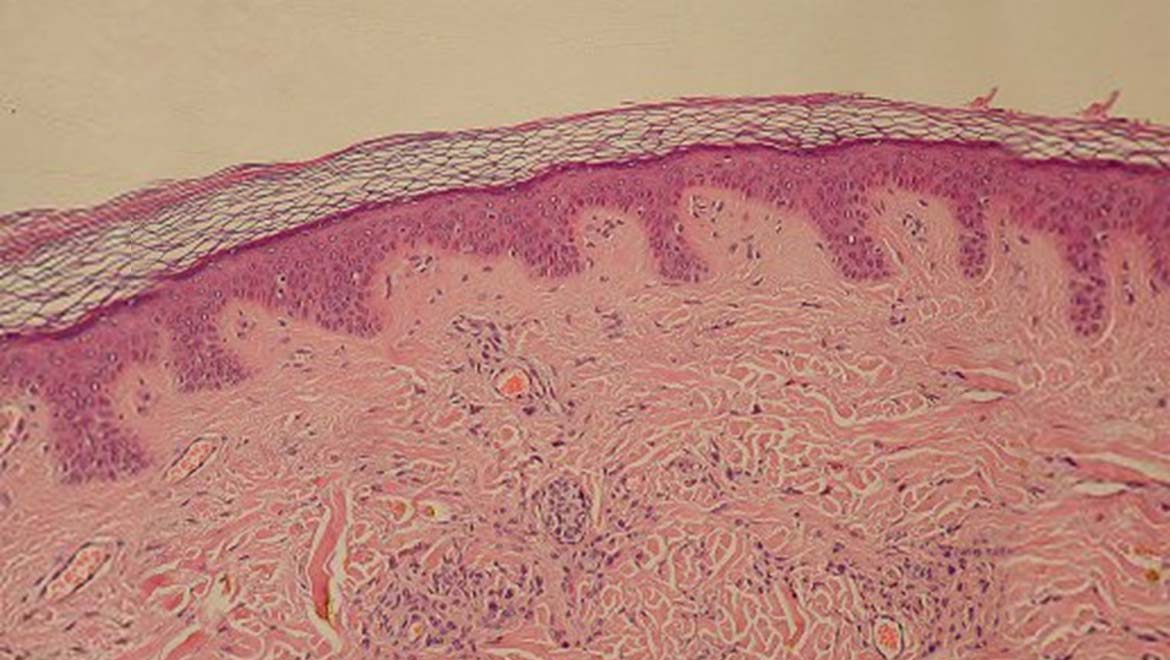Discover The Largest Organ Within The Human Body
What is the largest organ inside the human body? Without a doubt, it's the skin, the body's largest and most multifaceted organ.
The skin is a complex and dynamic organ that performs numerous vital functions, including protection, thermoregulation, sensation, and vitamin D synthesis. It acts as a physical barrier against external threats like pathogens, UV radiation, and chemicals, safeguarding the body's internal environment.
The skin's thermoregulatory capabilities are crucial for maintaining a stable body temperature. It helps dissipate excess heat through sweating and insulates the body to prevent heat loss in cold conditions. Additionally, the skin contains sensory receptors that enable us to perceive touch, temperature, and pain, providing essential information about our surroundings.
Moreover, the skin plays a significant role in vitamin D synthesis. When exposed to sunlight, a precursor molecule in the skin converts into vitamin D, which is vital for calcium absorption and bone health.
Largest Organ Inside Human Body
ProtectionIntroduction
ThermoregulationIntroduction
FAQs on the Largest Organ Inside the Human Body
This section addresses commonly asked questions and misconceptions regarding the largest organ inside the human body, providing concise and informative answers.
Question 1: What is the primary function of the skin, the largest organ inside the human body?
The skin serves numerous essential functions, including protection against external threats like pathogens and UV radiation, thermoregulation to maintain a stable body temperature, sensation to perceive touch and pain, and vitamin D synthesis for calcium absorption and bone health.
Question 2: How does the skin's protective function contribute to overall health and well-being?
The skin's protective function is crucial as it acts as a physical barrier against harmful substances and microorganisms, preventing infections and safeguarding the body's internal environment from external threats.
Summary: The skin's multifaceted functions are essential for maintaining overall health and well-being. Its protective capabilities, thermoregulatory abilities, sensory perception, and vitamin D synthesis collectively contribute to the body's defense against external stressors and its ability to function optimally.
Conclusion
In conclusion, the skin, as the largest organ inside the human body, plays a pivotal role in maintaining overall health and well-being. Its multifaceted functions, including protection from external threats, thermoregulation, sensation, and vitamin D synthesis, are essential for the body's defense against environmental stressors and its ability to function optimally.
Understanding and appreciating the remarkable capabilities of our largest organ can inspire us to prioritize skincare and overall health practices that support its vitality and longevity. Through proper nourishment, hydration, and protection, we can empower our skin to continue fulfilling its vital functions and contribute to a healthier, more vibrant life.
Discover The Reigning Yokozuna: Meet Sumo's Current Grand Champion
Discover The Surprising Truth: Whopper Double Calorie Count Revealed
When Was Oldsmobile Defunct: A Timeline Of The Famed American Automaker

